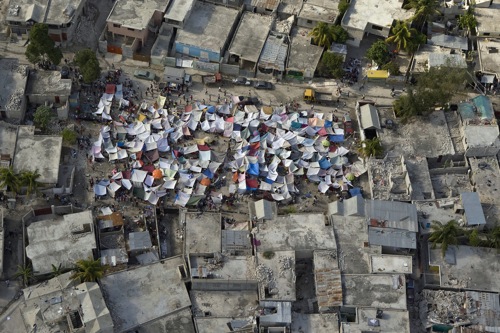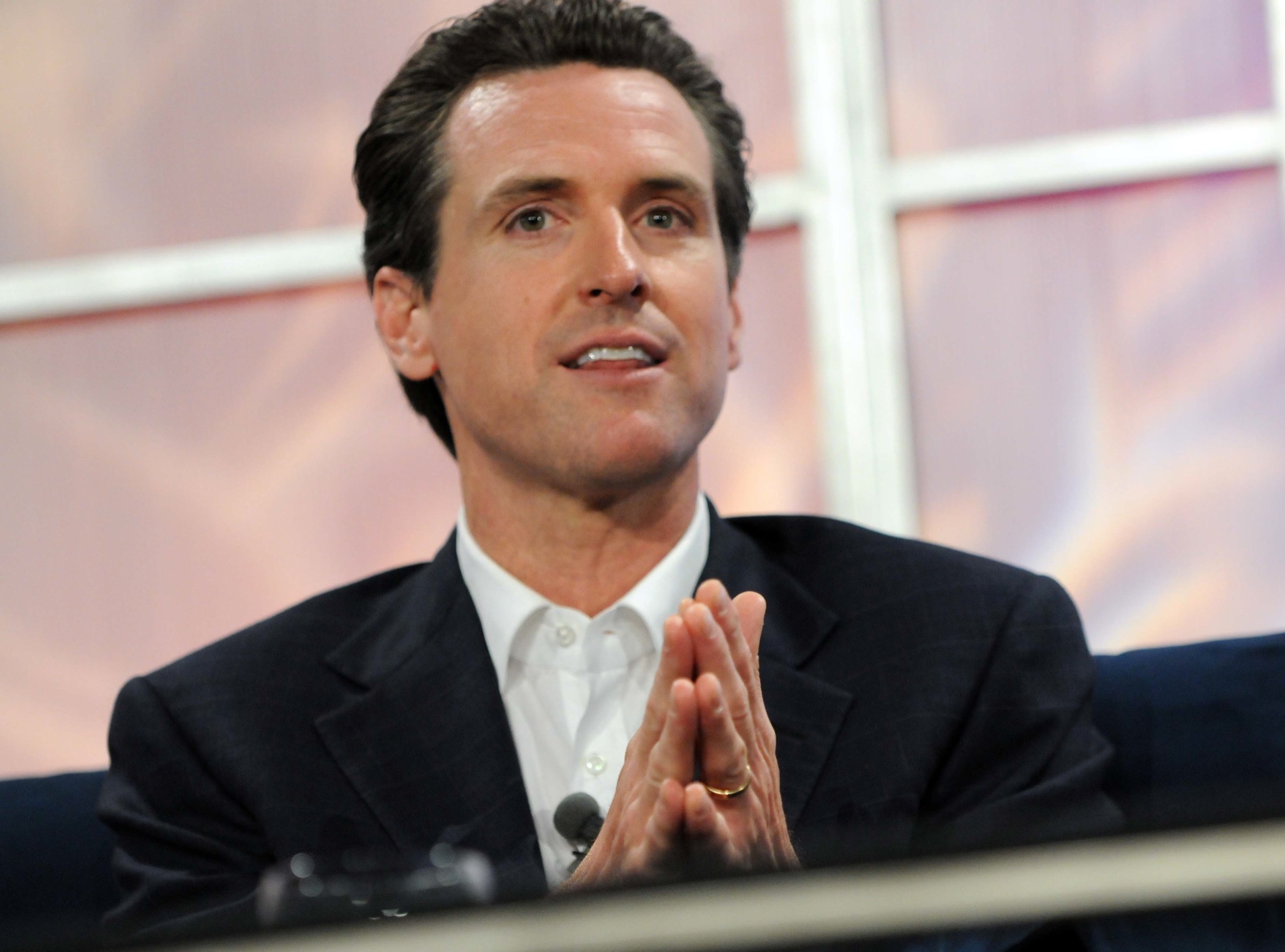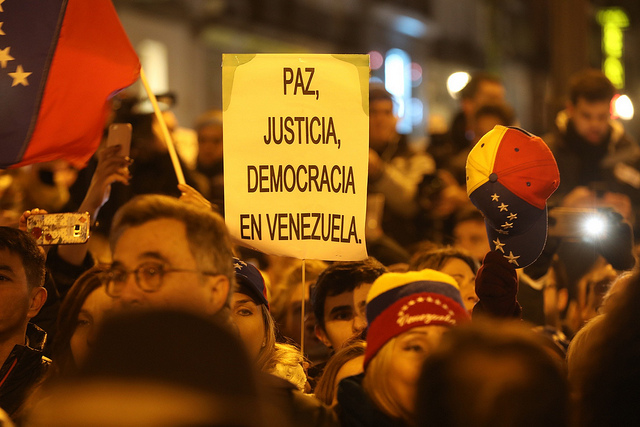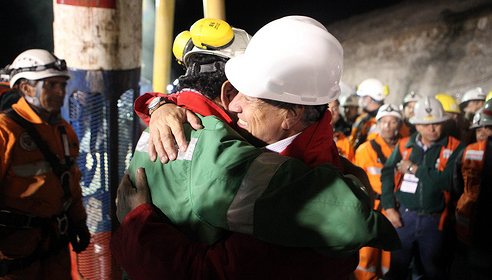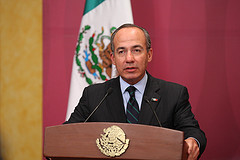
Haiti, Latin America: Week in Review
Haitian Earthquake;The Country Struggles To Rebuild One Year After
January 12, 2011 By Staff
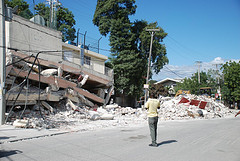
A scene from Port-au-Prince following the Jan. 12 earthquake.
Today in Latin America
Top Story — One year ago today a magnitude 7.0 earthquake rocked Haiti, with its epicenter about 16 miles form the capital of Port-au-Prince.
The earthquake left over 200,000 people dead, 300,000 injured and more than one million people homeless. Thousands of buildings and homes were also demolished or severely damaged.
As the country struggled to rebuild, a cholera outbreak in the fall brought fears of more deaths and Haiti’s presidential elections have been fraught with claims of fraud and corruption.
Today there are more than 1 million people living in tents and makeshift huts in encampments around Port-au-Prince, with many of them becoming what appears to be permanent settlements.
One of the biggest complaints surrounding Haiti’s recovery is the slow process of getting the millions of dollars of aid money donated in the wake of the earthquake to the country.
Michaëlle Jean, Canada’s former governor general and now a special UN envoy to Haiti, expressed frustration at the slow pace of progress in rebuilding the country.
“As time passes, what began as a natural disaster is becoming a disgraceful reflection on the international community,” she said, according to The CBC. “Official commitments have not been honoured. Only a minuscule portion of what was promised has been paid out. The Haitian people feel abandoned and disheartened by the slowness in which the rebuilding is taking place.”
However, some have argued that the international aid sent to Haiti is hindering the country’s chances of shaping its own future and that the aid groups that were once welcomed by Haitians are now angering them with their lack of progress.
“The laudable immediate humanitarian response to post-earthquake Haiti is one thing,” wrote Alex Dupuy for The Washington Post. The objectives of the international community – the United States, Canada, and France; the United Nations; and financial institutions such as the World Bank and the International Monetary Fund – are quite another, and they’re significantly more problematic.
For a more in depth look at Haiti one year after the earthquake visit NPR’s “A Year of Challenges: Haiti After The Quake.”
Just Published at the Latin America News Dispatch
- With Chile’s 33 trapped miners safe and sound, President Sebastián Piñera now struggles to retain his popularity. Latin America News Dispatch contributor Patrick Burns reports.
- Contributor Romeo Guzman recounts the celebrations of the birth of the Virgen de Guadalupe last month in New York City.
Headlines from the Western Hemisphere
- Mexico unveiled new rules for deepwater drilling Tuesday, which aim to prevent a repeat of BP’s Macondo Gulf oil spill but does not halt drilling during the safety review.
- Mexican federal police arrested a Nicaraguan man and a Mexican man for their alleged involvement in the Dec. 16 kidnapping of about 30 migrants from a train in Oaxaca state.
- The American Farm Bureau Federation said that states that implement tough immigration laws should help farmers who need seasonal labor and farmers will assist the federal government in helping states create programs that give growers access to legal labor if Congress fails to overhaul immigration.
Caribbean
- Cuba has registered in Peru what it claims is the world’s first lung cancer vaccine and is registering it in other South American countries.
- Pope Benedict XVI encouraged Cuban authorities Monday to expand the dialogue it has established with the Catholic Church, and which has led to the release of dozens of political prisoners.
- An illegal Haitian immigrant was killed by a soldier in Matas de Santa Cruz, a community in the northwestern Dominican province of Montecristi, the army said.
Central America
- Costa Rica’s state refinery Recope has launched bidding to expand the Moín terminal that will cost an estimated us$92 million dollars, according to company documents.
- Seven inmates were injured in a fire that started during a riot at a youth prison in Tocumen, a town located northeast of Panama City, officials said Monday.
- Jamaica on Tuesday rejected accusations its coast guard used excessive force trying to stop a Honduran fishing boat in lobster- and conch-rich waters, fatally shooting the captain and wounding two crew members.
Andes
- Colombia’s government is speeding up plans to sell a 10 percent stake in state-owned oil company Ecopetrol because it needs the revenue to pay for reconstruction of highways, roads and bridges damaged by months of torrential rains, a top official said in La República newspaper Tuesday.
- Roman Catholic leaders in Venezuela are calling for President Hugo Chávez to give up special lawmaking powers granted to him by his congressional allies.
- Ecuador’s government declared a state of emergency for the public health system Monday in order to meet growing demand and improve healthcare in public hospitals.
- A police patrol was ambushed in southern Colombia over the weekend while searching for two men kidnapped by FARC rebels, but no one was injured, officials said.
Southern Cone
- Brazilian author Paulo Coelho claims his books were banned in Iran and Brazil’s Foreign Ministry is looking into the matter.
- Argentina plans to buy imported pesos from Brazil as a way to resolve a shortage of bills that has lead to long lines protests outside of Argentine banks.
- Uruguayan President José Alberto Mujica will visit to Peru in the last week of January.
Image: IFRC
